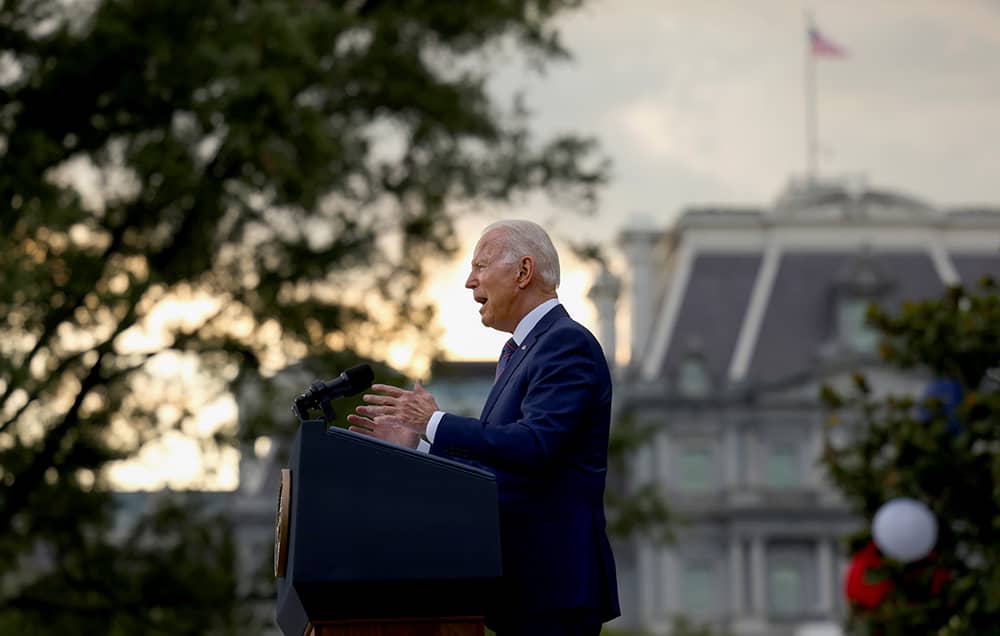This is an exciting moment in which to publish a new contribution to the policy debates in both the United States of America and the State of Israel, and hopefully beyond. What The Jerusalem Strategic Tribune aspires to be, what led to its creation—the rationale and the passion driving us—are all powerfully captured in the opening note from our publisher, Ahmed Charai. A man of letters and a builder of human bridges, his initiative reflects the recognition that we have much to talk and write about.
The celebration is, nevertheless, tinged with sorrow. We mourn the passing of one of our first contributors and a leading light in the community of Israeli scholars concerned with world affairs, Professor Aharon Klieman. His paper—prefaced by a eulogy—offers a cogent argument for the return to the essential perspectives of realism, as a school of thought in international relations. In light of the pertinent questions that constitute the core of the discussion in this first issue, this essay—sadly, his last—is more relevant than ever.
In many ways, the most important question of this era for all of us—on both sides of the Atlantic, as well as on the shores of the Pacific—seems to be the willingness and ability of the new American administration to restore coherence, balance, and a sense of purpose. In his book Diplomacy, Henry Kissinger, another great realist, had this comparison to offer about the challenge faced by the Nixon administration:
Two generations later, much the same words—with even greater urgency—can be said about the tasks facing the Biden administration. Can it indeed, as its own campaign phrase went, “build back better” the world we had once known? Can it return to the central themes of what was once the modern world—after two “post-modern” presidents who cast doubts, each in his own way, on the central concepts of the era that followed World War II? As Major General Yaakov Amidror, formerly Israel’s national security adviser, reminds us in a compelling tour d’horizon, the changes and challenges are far-reaching and dramatic, in a world buffeted by COVID-19, technological transformations, and a shifting balance of power.
The cheery music and slogans—“Yes, We Can,” “America is Back,” and “Make America Great Again”—sound at times as pertinent to the present predicaments as Elgar’s “Pomp and Circumstance” is to the current condition of the British Empire. American leadership is easily asserted in campaign slogans. But can the promise be delivered upon?
In his regular column, Window on Washington, Dov Zakheim rings a warning bell about the costs of American retreat. William Wechsler adds a topical perspective on US military actions in Iraq and Syria. Several contributors—including former deputy secretary of defense John Hamre and former National Security Council director for China Ryan Hass—address the challenge posed by the People’s Republic of China, as do Amidror and Bilahari Kausikan, former permanent secretary of the Singaporean Ministry of Foreign Affairs. Robert Silverman’s review of Obama’s memoir, too, raises the question of the former president’s failure to foresee how fast China would rise to the status of a peer rival.
The long, dark shadow of Graham Allison’s title, Destined for War, and of his powerfully suggestive “Thucydides Trap”—the conflict between an established power and a rising one—falls upon significant parts of this issue. And yet, there is also evidence that powerful counterforces can be mobilized and brought to bear to avert such outcomes. Unlike the Cold War dyad, the US and China are mutually dependent in economic terms. Victoria Coates points out the possibility—and importance—of American leadership in the energy markets, which are still a key pillar of the world economy even in the presumably “green” era. As Micky Aharonson reminds us, sophisticated management of the relationship with Russia, as well as with India and the rest of the so-called Quad, can make a difference.
Turning to Middle Eastern affairs, Daniel Gordis, in his perspective on Biden’s policies, adds to the insights of Amidror’s essay over what ails the region and what needs to be done to stabilize it. Ambassador James Jeffrey suggests that despite the heated rhetoric, Turkish policy under Erdoğan has hewed quite closely to traditional national interests, leaving room for a reset in relations. Even as attention shifts to the Chinese challenge, it is fair to argue that a pivot to Asia needs a firm Middle Eastern—or should we say, Eastern Mediterranean—hinge.
The Jerusalem Strategic Tribune will also carry regular columns in each issue, ranging from a book review by one of the editors to a political profile by former Israeli lawmaker (and journalist) Ksenia Svetlova—this time, of Vladimir Putin—and including observations on grand strategy and identity politics, on military matters, intelligence operations, and diplomacy. Against the background of Israel’s recent experience in Gaza, Pnina Shuker’s column offers observations about so-called “information operations” and their role in military affairs, and Eran Lerman discusses deterrence in the problematic context of asymmetrical warfare. This issue also includes Amir Oren’s extensive insider’s seat at the changing of the guard in the Mossad, and Robert Silverman’s suggestion that even in a world of emails, diplomacy still needs a well thought out “long letter” from time to time.
Our own long letters will keep on coming. In this era of Zoom meetings, the launching of this new ship didn’t even require us to be all on the same pier at the same time. The team has now put before you a product that we believe in, and we hope to do so on a regular basis from now on. We are grateful to Sarah Feuer for helping to set things in motion, to our webmaster (and taskmaster) Amit Meyer for streamlining our work, and to Ela Greenberg for her meticulous language editing. Above all, we owe thanks to Ahmed Charai for his vision, his passion, and his friendship.

